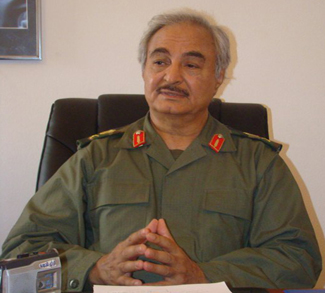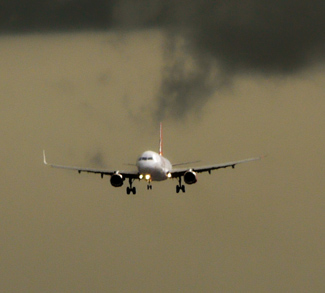Summary
The recent massacre of hundreds of worshippers in a bomb and gun attack at a Sufi mosque in the northern part of the Sinai Peninsula has thrown a spotlight once again on Egypt’s struggle with homegrown militancy, and how this struggle impacts international terrorist networks. Last week between 25 and 30 armed men surrounded the al Rawdah Sufi mosque in the town of Bir al-Abed; they were dressed in military fatigues and one was carrying an Islamic State (ISIS) flag. Although local ISIS affiliate Wilayat Sinai (loosely translated as Islamic State in the Sinai Province) has yet to claim responsibility for the attacks, it had previously clashed with local residents over their Sufi practices, which ISIS militants reject as apostasy
The victims were mostly from a clan in one of north Sinai’s most powerful Bedouin tribes, a community from which most of Wilayat Sinai’s leadership is still drawn; however, the ranks of local ISIS militants have been boosted in recent months by outsiders from Syria and Iraq who have sought refuge in Egypt. As a result, the tone of the Sinai insurgency has become more sectarian and puritanical, and less concerned with maintaining local support. Many local residents feel trapped between the militants and Egypt’s brutal security forces in an endless cycle of violence. In the past, Wilayat Sinai militants attacked mostly soldiers and police, but in the last year they have begun to attack churches, Christian families, Sufi clerics, and other soft targets.
Background
Until recently, the local ISIS affiliate comprised of a mostly local group of Egyptian jihadists, whose membership was drawn from neglected Bedouin communities on the Sinai Peninsula. The group previously went by a variety of different names, mainly Ansar Bait al-Maqdis, from which Wilayat Sinai would later emerged following General Abdel Fattah Sisi’s seizure of power and his subsequent crackdown on jihadist groups and political Islamists alike. More recently the influence of non-Sinai Egyptians and even foreign militants has increased thanks to changing security outlooks in Libya, Syria, and Iraq.




